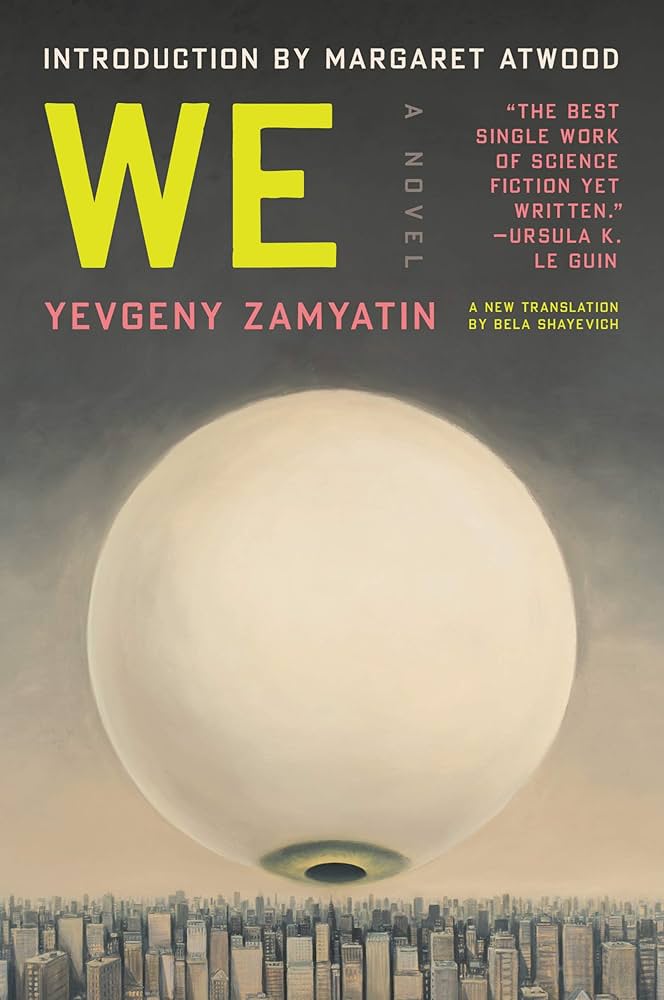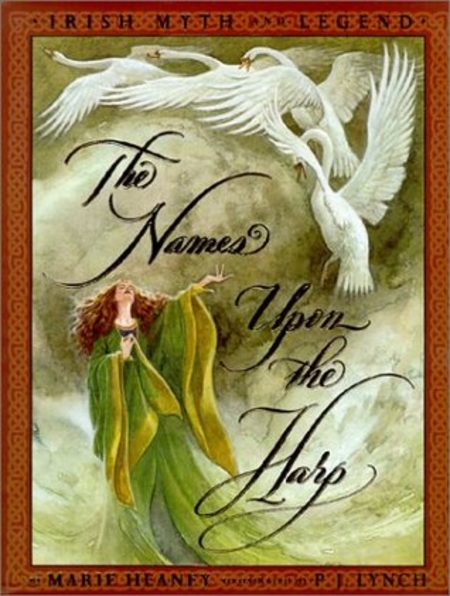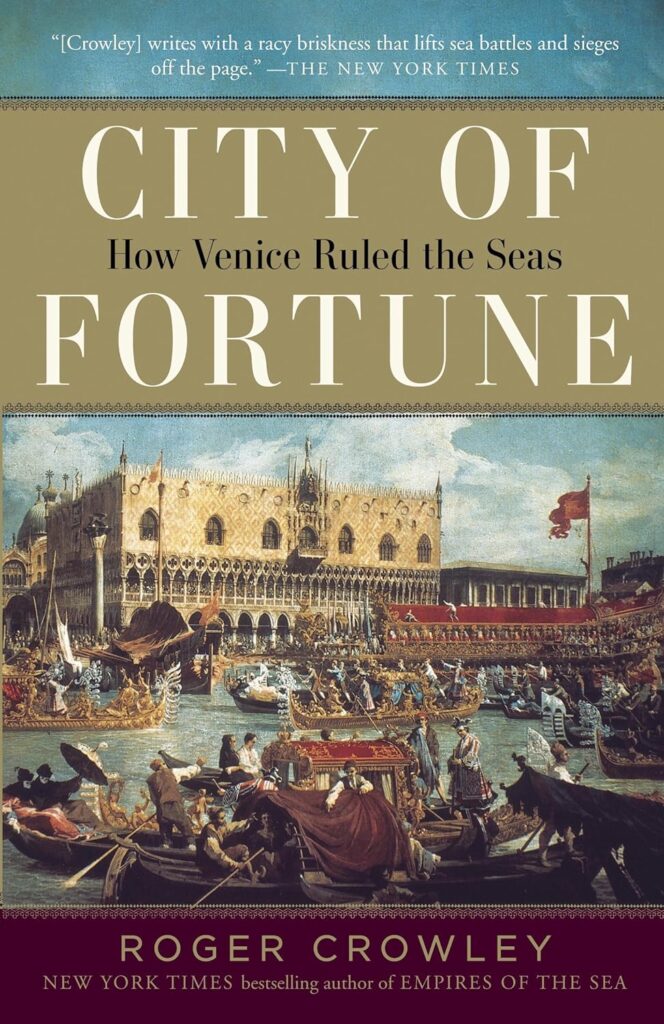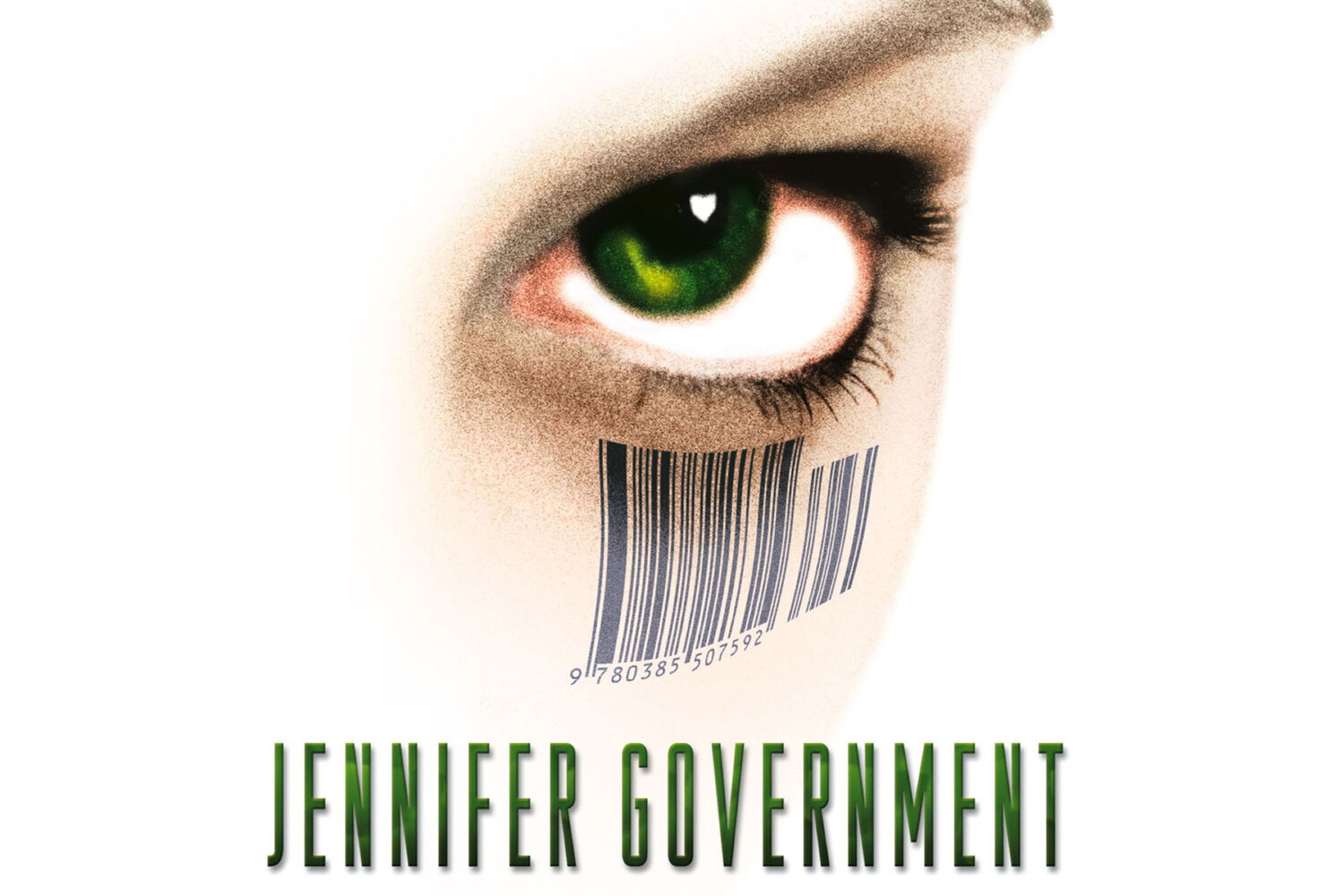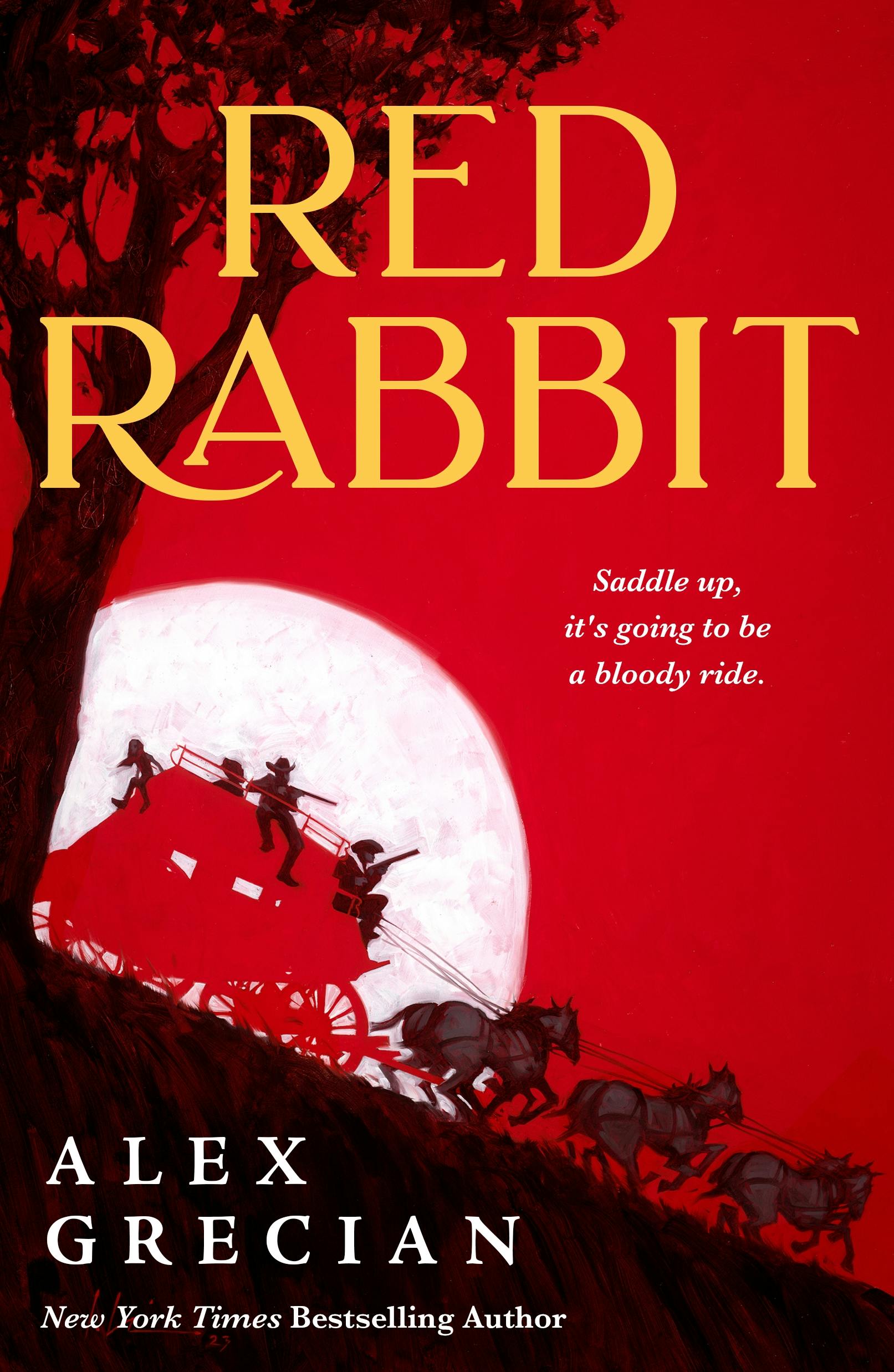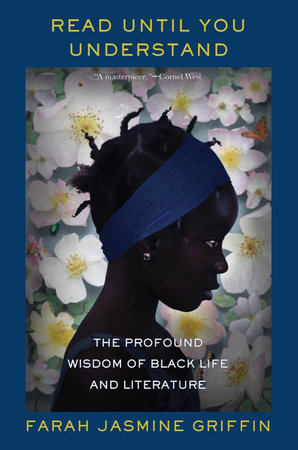
I read this book for a book club. It’s a solid survey of Black literature, art, and music. It’s strength is in the way the author ties her life and family history to the works she writes about. She writes about writers who are already quite well known (many of which I’d already read, like James Baldwin and Toni Morrison and Frederick Douglass). They’re all writers worth writing about, but these days I’m looking for obscurity, writers and artists and musicians I’ve never heard of before in books like this. Much of the book was me agreeing, yes, yes, this writer is worth reading. For someone who hadn’t, though, I think this book is a solid introduction to them.
